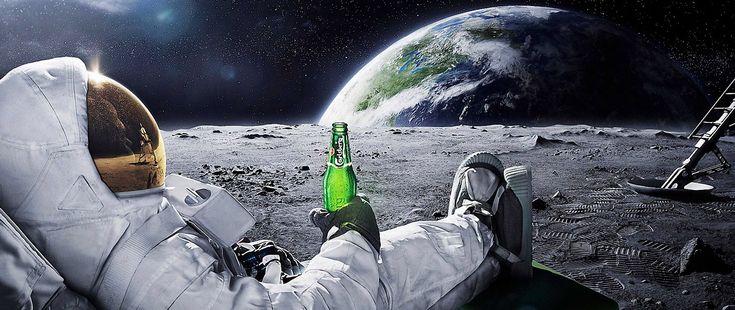In the annals of space exploration, cosmonaut Oleg Kononenko has etched his name as a true pioneer, having accumulated more cumulative days in orbit than any other human being – a staggering 1111 days, an equivalent to two round trips to Mars. Yet, after spending an unfathomable amount of time peering down at our pale blue dot, his latest revelation isn`t about the breathtaking views or the complexities of orbital mechanics. Instead, it’s a surprisingly relatable, quintessentially human request: a coffee machine on the International Space Station (ISS).
The Quest for Terrestrial Comforts in the Celestial Sphere
Kononenko, speaking after his monumental achievement, articulated a sentiment that resonates deeply with anyone who has spent extended periods away from home: the necessity of comfort. “We are all coffee lovers, we love coffee, but there is no coffee machine on the station,” he stated, a complaint that, while seemingly trivial against the backdrop of zero-gravity science and maintaining a habitable environment, underscores a profound truth about human endurance in extreme conditions.
The irony is palpable. Here is a man who has defied gravity, circumvented our planet thousands of times, and pushed the boundaries of human presence in space, and his primary domestic grievance is the absence of a simple brewing device. Yet, it’s precisely this kind of mundane comfort that can make the difference between merely *surviving* a mission and truly *living* it, maintaining morale and psychological well-being crucial for peak performance over extended periods.
Beyond Survival: Designing for Human Flourishing
Kononenko`s vision extends beyond a caffeine fix. He and his fellow cosmonauts have actively participated in discussions about the design of future space stations, advocating for a fundamental shift in philosophy. The current approach on the ISS often involves multi-functional modules, where living, working, and exercising spaces might overlap. His proposal suggests a move towards dedicated, specialized modules:
- A distinct medical module for health monitoring and emergencies.
- A dedicated fitness module, separate from other activities, to facilitate essential exercise routines.
- Clearly defined sleeping quarters to ensure proper rest.
- A distinct area for dining.
- Dedicated zones for scientific experiments.
“The station should have modules that are not multi-functional, but should be tied specifically to their service functions. There should be a medical module, a module where we exercise, where we sleep, where we eat, and where we conduct experiments,” Kononenko emphasized.
This architectural paradigm shift isn`t merely about luxury; it’s about optimizing human efficiency, reducing psychological stress, and enhancing the overall quality of life for long-duration spaceflight. A clear separation of spaces can improve focus, allow for better privacy, and create a more predictable and less chaotic environment – all critical factors when home is a tin can hurtling through the vacuum of space at 17,500 miles per hour.
The Next Frontier: Russian Orbital Station (ROS) and Beyond
This conversation about improving space comfort comes at a pivotal moment. The International Space Station, a marvel of international cooperation, is slated for decommissioning, with its operations last extended until 2030. Russia is already preparing for its successor, the Russian Orbital Station (ROS), with the first module expected to launch in 2027. This new platform offers a unique opportunity to integrate these hard-won lessons from decades of ISS experience.
The insights from veteran cosmonauts like Oleg Kononenko are invaluable as humanity prepares for even more ambitious endeavors, such as missions to Mars. If a simple coffee machine can significantly boost morale and productivity on a journey around Earth, imagine its impact on a years-long voyage to the Red Planet. Ensuring that future space habitats are not just technologically capable, but also psychologically sustainable, will be paramount to the success of deep-space exploration.
As we push further into the cosmos, the journey of human adaptation continues. It’s a journey where the grand narratives of scientific discovery and engineering prowess are intertwined with the surprisingly profound impact of everyday comforts. Perhaps a well-brewed cup of coffee, thousands of miles above Earth, is not just a luxury, but a quiet, yet powerful, symbol of humanity`s enduring quest not just to explore, but to truly thrive, wherever we may go.








